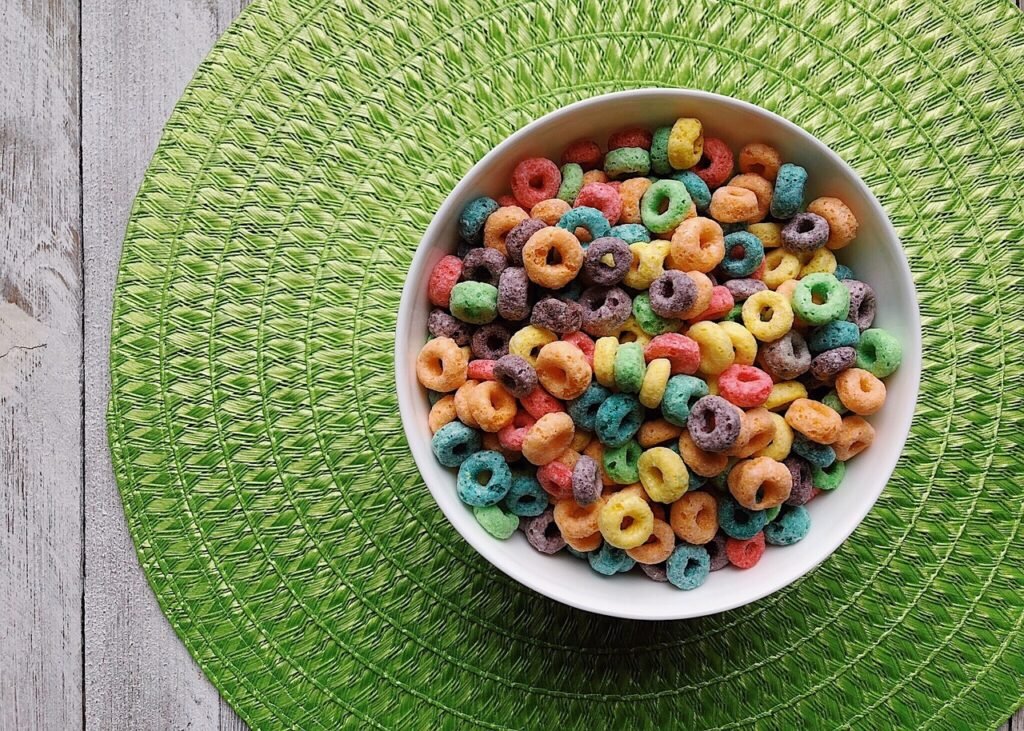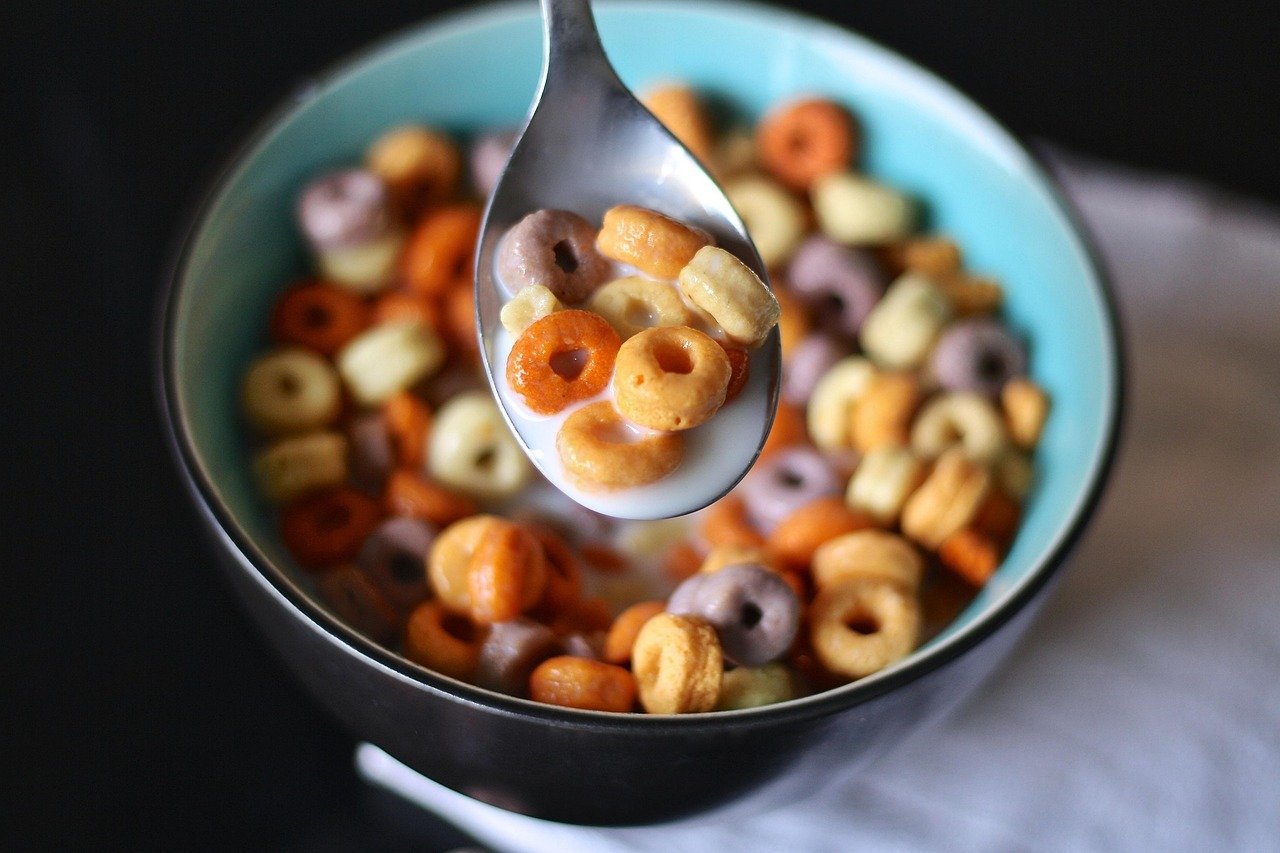Breakfast cereals have long been a go-to morning meal, promising convenience and nutrition. But are they really good for you? The answer isn’t simple – some cereals pack vitamins and fibre, while others are loaded with sugar and artificial additives. Let’s break down the facts so you can make the best choice for your health.

The Good: Nutrients and Benefits
- Many cereals are fortified with essential vitamins (B12, D, iron) and minerals, helping fill nutritional gaps.
- High-fibre options (like whole grain oats, bran flakes, or muesli) support digestion and keep you full longer.
- Studies link whole grain cereals to lower risks of diabetes, heart disease, and stroke.
The Bad: Sugar and Processing
- Some cereals contain high sugar levels (e.g: frosted flakes can have 11g per serving – 12% of daily limits!)
- Ultra-processed varieties may include artificial colors, preservatives, and refined grains, which spike blood sugar.
- Instant oats or finely ground cereals digest faster, causing energy crashes and hunger.
How to Pick the Healthiest Cereal
1. Check Labels: Choose options with <5g sugar and >3g fibre per serving.
2. Go for whole grains: Look for oats, bran or muesli – avoid refined grains like white flour-based cereals.
3. Boost nutrition: Add nuts, seeds, yogurt and berries for extra protein, healthy facts and fibre.

Expert Tips for a Balanced Breakfast
- Mix granola with Greek yogurt for more protein.
- Try overnight oats with chia seeds and almond butter for slow – release energy.
- Avoid sugary, colorful cereals – opt for plain whole grain versions instead.
Not all cereals are equal. While some provide key nutrients, others are more like dessert. By choosing wisely and enhancing them with healthy toppings, you can enjoy a nutritious, filling breakfast without the downsides.


















